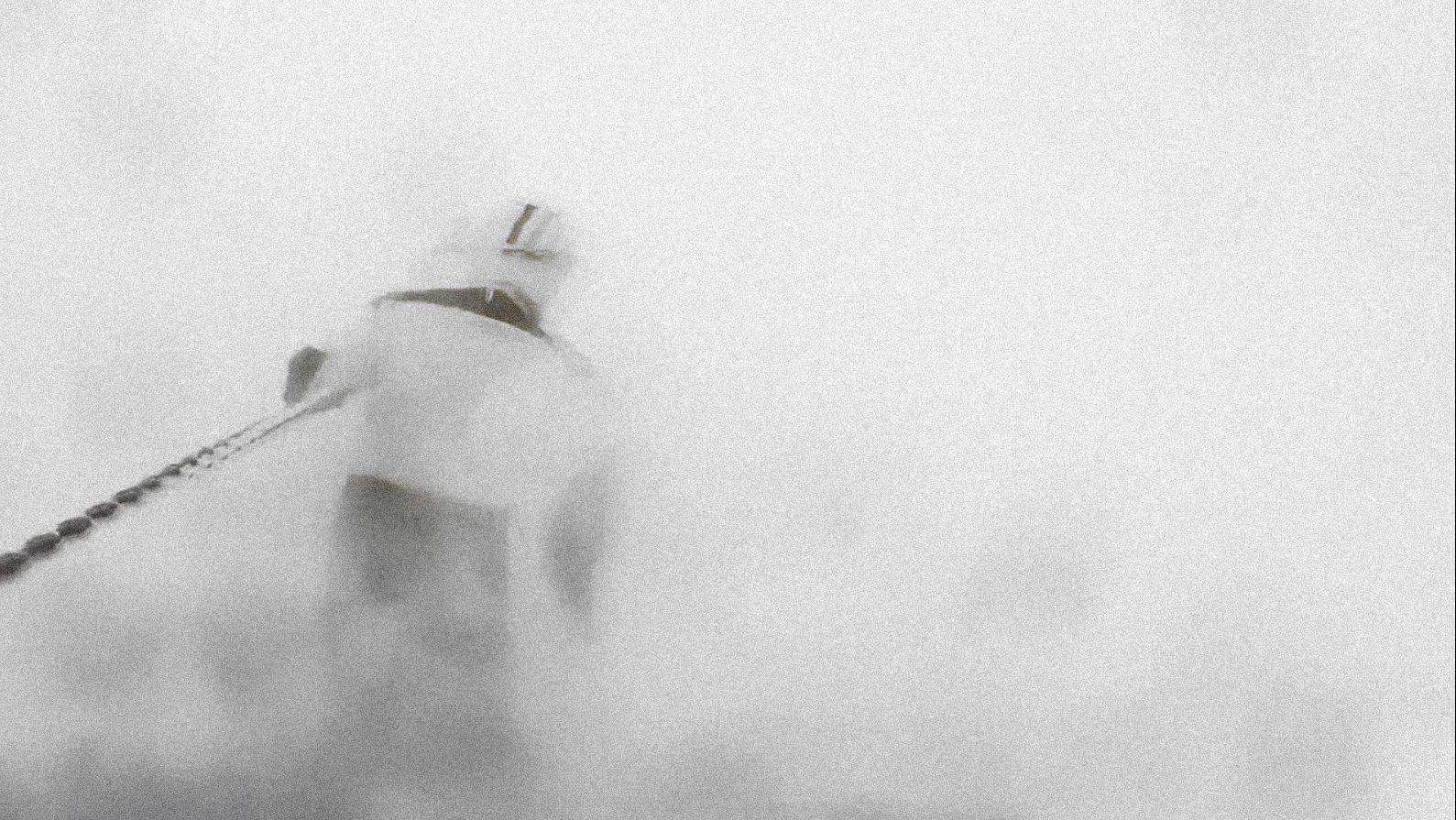1. Hi Mike. How are you? Please tell our readers a little bit about yourself and your work.
I’m burned out, depressed, living on screens. It took me many years to learn how to make a movie, or even to make a picture of a face. I’m still working on it. I’m interested in portraits and in different movie forms that could make space for different kinds of lives.
2. Your film Wind won the award for best experimental film made with AI at our festival. Did you expect a result like this?
I didn’t expect it would show at your festival, or any festival.
3. You show in Wind this growing, and well-founded concern about our future in relation to the technological boom seen in recent months. How much do you think these new winds will affect us and, in particular, how much will they affect the way cinema is made?
The idea that underlies most artist movies is that they are audio-visual signatures made by unique individuals. In this neo-liberal moment, where identities are cultivated and harvested, where our uniqueness has become a cornerstone of ruling class ideas, AI might help us leave these outworn identity kits behind.
4. Never before have we had so many options in excellent quality recordings and affordable equipment. However, we have seen, in general, a big drop in the quality of screenplays, especially in the mainstream. Do you see any particular reason for this?
Movie culture remains a literary preserve, maybe the problem is not the quality drop of writers, but that stories, post-stories, non-stories, are not being relayed in images and sounds. Many movies have no images in them at all. When the movie form passes, perhaps succeeding audio-visual ecosystems will find ways to create pictures that will become change.
5. What kind of motivation do you need to have to decide that you really need to produce a film?
I am not a mother, so I can’t produce. I go to work every day. I try to take the next step. That’s my whole practice. Deleuze and Guattari compared psychoanalysis to a piano player. The point of analysis, they wrote, was not to become a great piano player, but simply to keep going, to find the next note.
6. How far would you like to go with your films?
I would like to make images that could come in handy, used in a pinch. They might dissolve fear, or change ideas about sounds are music. They could be used to take down walls and repair forests, to build bridges between different ideas.
7. What do you consider a mortal sin for a filmmaker?
I’m not sure I would recognize a sin even if I stumbled upon it by accident. Though your question suggests that there are two kinds: mortal and immortal. Immortal sins feel like a great aspiration, something to hope for, a life’s journey.
8. What is your biggest fear as a filmmaker?
To throw away beautiful questions with easy answers.
9. What would an ideal film festival be like for you?
Where every audience member wore my face? Or perhaps the face of my mother.
10. If you were to meet your favorite filmmaker in person, what would you ask them?
What did you do when the parade left, when no one cared anymore, when the offers, the money, when every ounce of attention left town? Could you lend me some money?
11. What are the five films that have most influenced you, as a filmmaker and as a human being?
It changes every week. Being Fucked Up by Emily Vey Duke and Cooper Battersby, Field N* by Khalik Allah, Spiritual Animal Kingdom/Sad Disco Fantasia/Ask the Insects/An Anthology of American Folk Song/A Boy Needs a Friend by Steve Reinke, Illegal_Its Impact on the Body by Jorge Lozano https://vimeo.com/240383621, I Touched Her Legs by Eva Marie Rodbro
